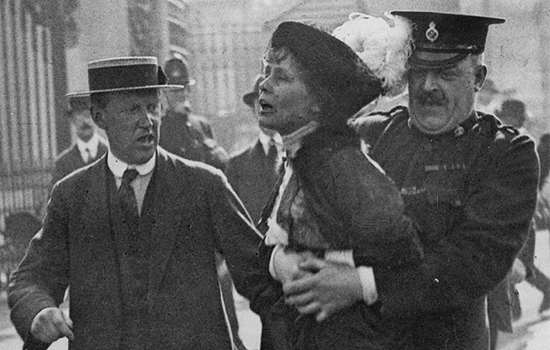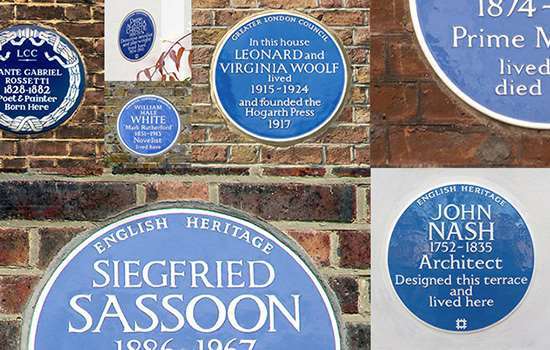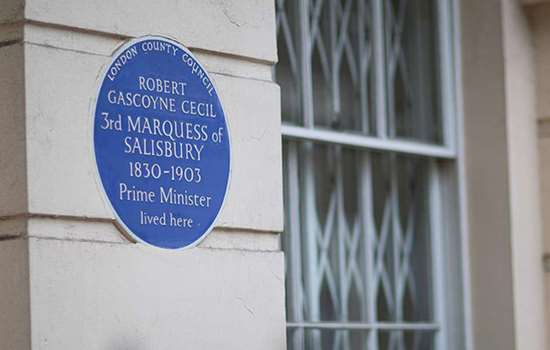PATEL, Sardar Vallabhbhai Jhaverbhai (1875-1950)
Plaque erected in 1991 by English Heritage at 23 Aldridge Road Villas, Ladbroke Grove, London, W11 1BN, City of Westminster
All images © English Heritage
Profession
Statesman
Category
Politics and Administration
Inscription
SARDAR VALLABHBHAI JAVERBHAI PATEL 1875-1950 Indian Statesman lived here
Material
Ceramic
Notes
Erected by the GLC in 1986 it was later damaged during building work and replaced with an exact replica by English Heritage in 1991.
The Indian statesman Sardar Vallabhbhai Jhaverbhai (now the preferred spelling) Patel was one of the leading campaigners for Indian independence, and served as the country’s first Deputy Prime Minister. He is commemorated with a blue plaque at 23 Aldridge Road Villas in Ladbroke Grove.
LONDON YEARS
Vallabhbhai Jhaverbhai Patel came to England in 1910 to train as a barrister. He was 36 years old and had saved for the trip for many years while practising law in India. After an initial burst of sightseeing, he threw himself wholeheartedly into his studies and – like Gandhi 20 years earlier – lived an ascetic existence. After a short spell in a hotel, Patel moved to number 23, then ‘a moderately priced boarding-house’, from where he walked the 4 miles to the Middle Temple every day. He distinguished himself there, winning several prizes and completing his course of study early. In 1912 he returned home to Gujarat to practise as a barrister.
INDIAN INDEPENDENCE AND POLITICS
A convert to the cause of independence, Patel went on to become Gandhi’s chief lieutenant and, like him, spent long periods in prison for civil disobedience. He was a leading figure in the Indian National Congress – becoming president in 1931 – and played a crucial role in the negotiations leading to independence in 1947. He later served as Minister for Home Affairs and Deputy Prime Minister under Jawaharlal Nehru.
Although he always played a subordinate role to Gandhi and Nehru in Indian politics, Patel was renowned for his tough, pragmatic leadership and organising skills. He and Nehru often disagreed sharply on matters of state after independence, but Nehru nonetheless relied heavily on Patel’s advice. By the time of his death, Patel was widely addressed as ‘Sardar’, meaning ‘chief’.
Patel’s plaque was erected by the Greater London Council in 1986. It was later damaged during building work, and replaced with an exact replica by English Heritage in 1991.


